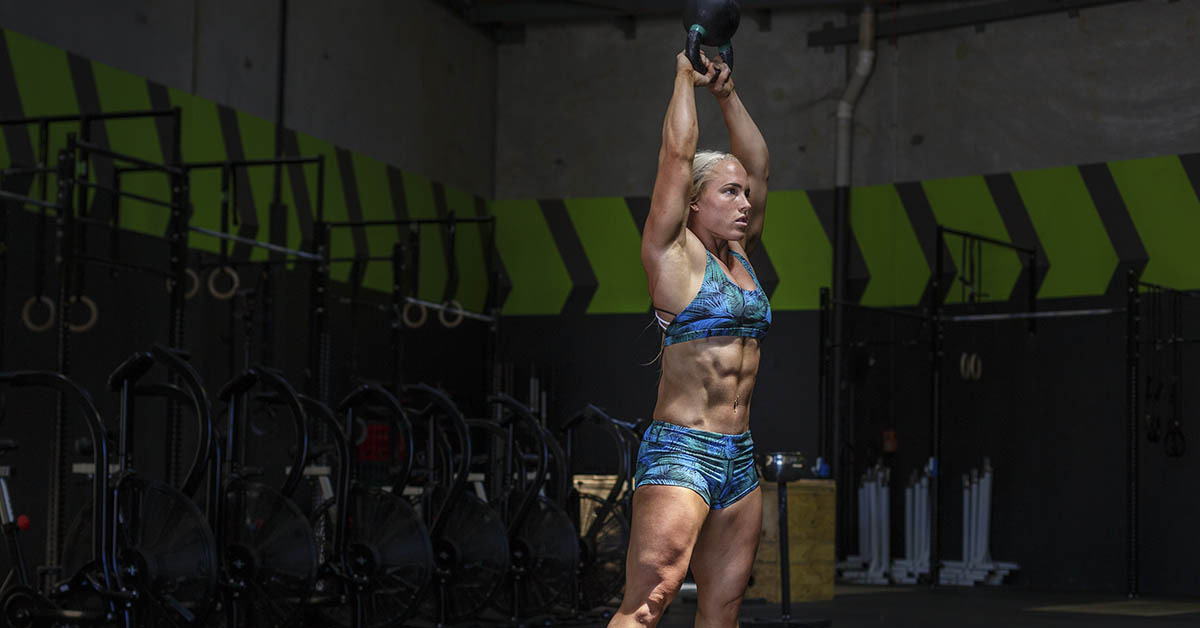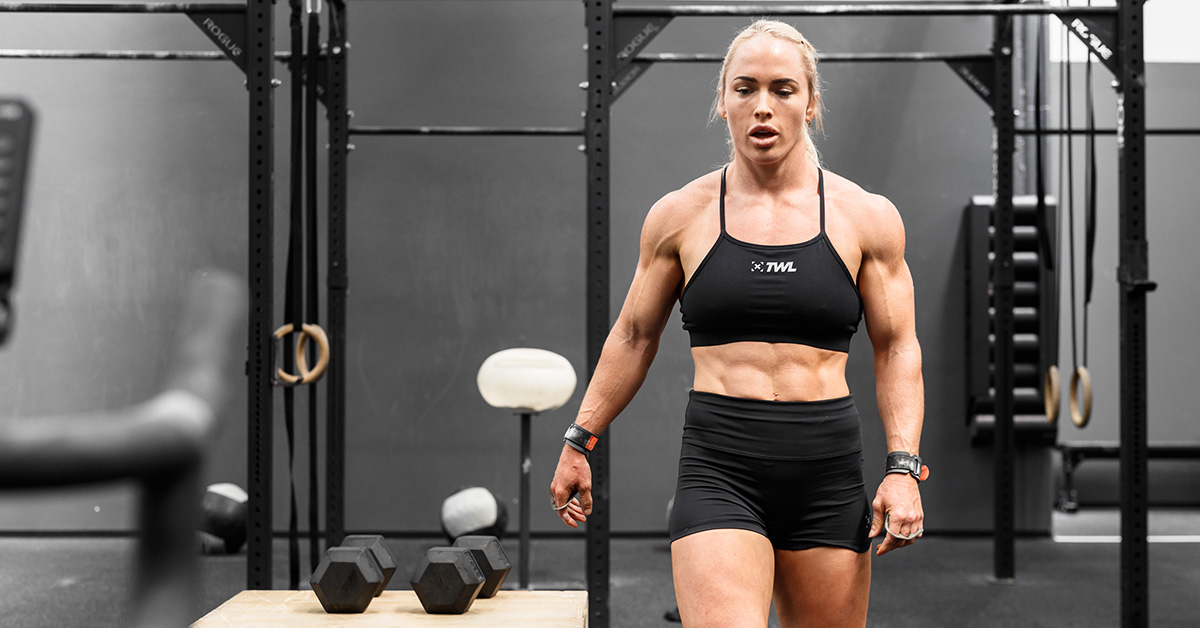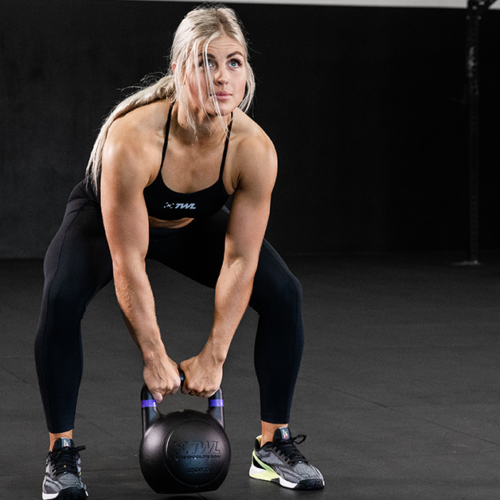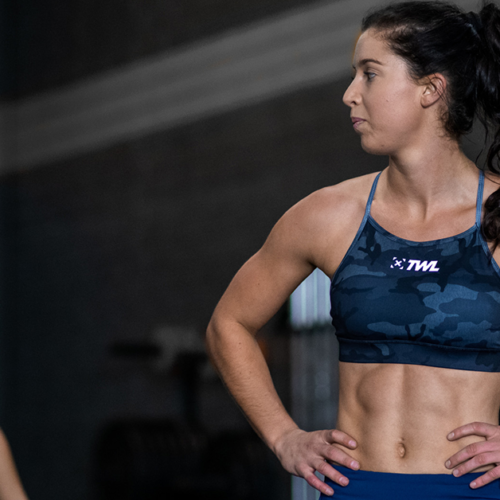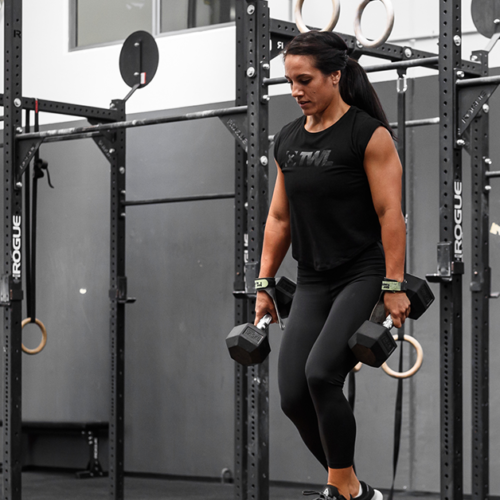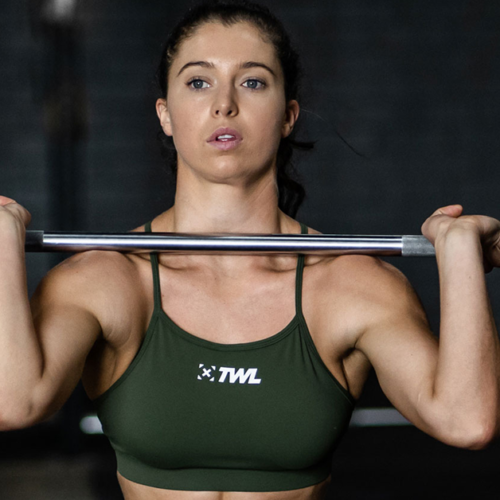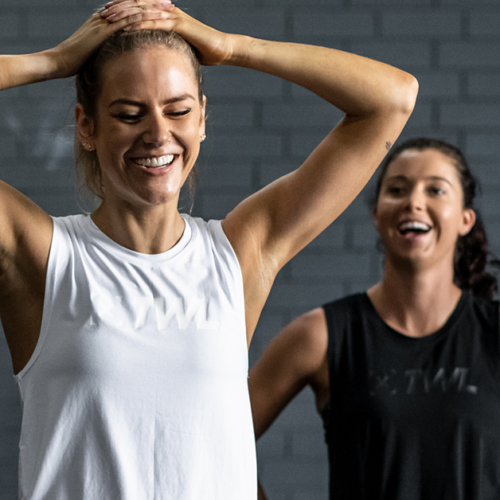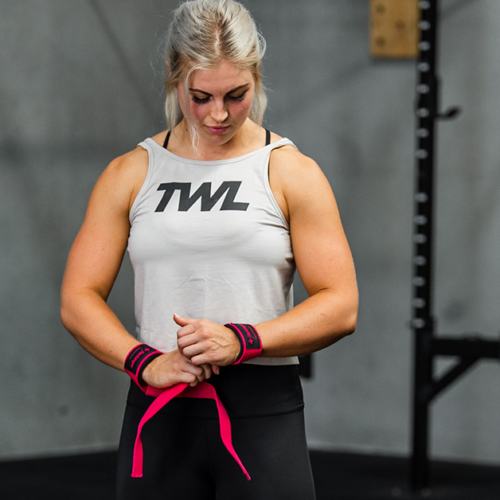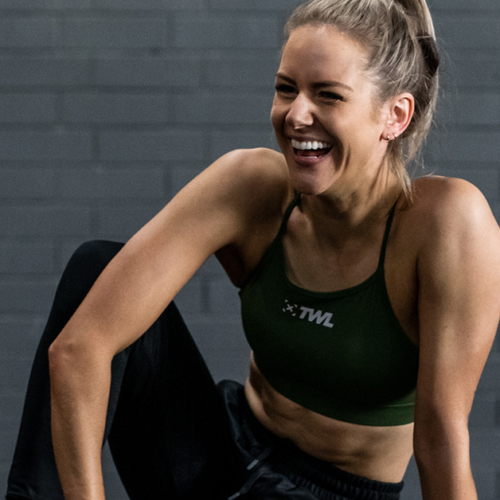Fitness is part training and part nutrition. If you don’t have both, you’re not going to hit your goals, plain and simple. Food is such an emotional experience for so many of us, making it harder to get a handle on. And the nutrition myths that our culture and media like to spread certainly don’t help. Let’s talk about some of the more common nutrition myths and what the reality behind them is.
7 Nutrition Myths We Want to Debunk
1. You Can Out-Exercise a Bad Diet
We’re putting this first because it’s one of the biggies. We all know at least one person who thinks that they can “cancel out” the fast food meal they just ate by doing a big workout.
Not so. There is no such thing as undoing poor nutrition. The only answer is to eat better.
Working out extra hard doesn’t trick your body into forgetting that you ate poorly. You’re still digesting the food and all of its ingredients — that doesn’t change just because you squeezed in an extra sweat sesh.
We’re not telling you not to indulge. This is key to balance! What we’re telling you is that if you make a habit of eating badly because you’re convinced that your training will compensate for the damage, you’re on the wrong track.
2. Calories In, Calories Out — That’s All That Matters to Your Weight
False, false, false. Let’s do away with this nutrition myth ASAP.
There are a number of variables and factors at play when it comes to what affects your body weight. For example, your genetics matter. Medication that you take might affect how your body holds onto weight. The climate you live in can play a role.
This is us giving you a gentle reminder that you don’t need to obsess over calories. Eat healthy, eat what you need, and watch the rest fall into place.
3. Fat/Carbs Are Bad
Let’s get one thing straight. There are three macronutrients — protein, carbohydrates, and fat — and your body needs all three.
Now of course, how much you eat of each macro will be unique to you. Some people will need more fat, while others might want to bump their carbs. But trying to severely reduce or eliminate any of the three macros will not only impede your fitness goals, but it could also leave you incredibly sick.
No macro is bad. Your focus, instead, should be on getting your macros from healthy sources. For example, instead of eating a donut every morning to get your carbs in, try something like oatmeal.
View this post on Instagram
4. You Can Just Supplement Instead of Eating Healthy
This is Merriam-Webster’s definition of supplement:
something that completes or makes an addition
See that? Something that makes complete. In other words, supplements are something you add on to an already healthy diet. They are not a replacement for good food.
This isn’t to say supplements won’t be necessary. There are certain vitamins and minerals that can be difficult to get from food. Even if you’re eating plenty of produce, the nutrient quality of grown food has declined over the years alongside the quality of soil.
Your supplementation needs might also depend on your diet. Vegans and vegetarians might need different supplements compared to someone following paleo.
Aim to get what you need from food first, and then supplements second.
View this post on Instagram
5. Fruit is Too Sugary — Avoid It
Ah, yes. Fruit has sugar. Sugar is carbs. Carbs make you gain weight.
Wrong.
Too much of anything has the potential to make you gain weight. This is no reason to avoid fruit. Fruit carries a lot of important micronutrients that your body wants and needs.
Like anything, you want to be eating it in the right amounts for your body. Don’t be afraid of fruit. Fruit is good for ya.
View this post on Instagram
6. To Lose Fat, Just Cut a Bunch Calories
This one hurts.
Women, in particular, wrestle with this nutrition myth. The pressure to be skinny can be overwhelming, and the way to being skinny is simply to eat less, right? Wrong.
Ironically, this can have the opposite effect. Your body goes into starvation mode, desperately hanging onto every calorie it gets. This means that losing body fat will actually be more challenging. And guess what happens when you start eating more again (which you most likely will)? Your body goes, “Oh, look! Calories!” And it hangs onto every… last… one.
How about we just avoid crash diets in the first place?
Yes, losing weight might (might!) require a slight calorie deficit. But as you now know, there are other factors at play.
7. Skinny = Healthy
“Healthy” comes in all shapes, sizes, and colors. There is no one answer. “Skinny” people can be unhealthy, and bigger people can be healthy. Making assumptions based purely on looks is a dangerous approach.
The number on the scale is not all that matters. In fact, it hardly matters at all. There are other things to consider. How do you feel? Do you have enough energy to get through the day? Do your workouts leave you feeling awesome or depleted and down? How does your food make you feel? How’s your mental health?
The answers to these questions will give you a better indication of your health.
Cut these nutrition myths out of your mind and your life, and you’ll do yourself a world of good.
Which one of these nutrition myths surprised you the most? Let us know in the comments section below!
Main image: Feeding the Frasers/Instagram



